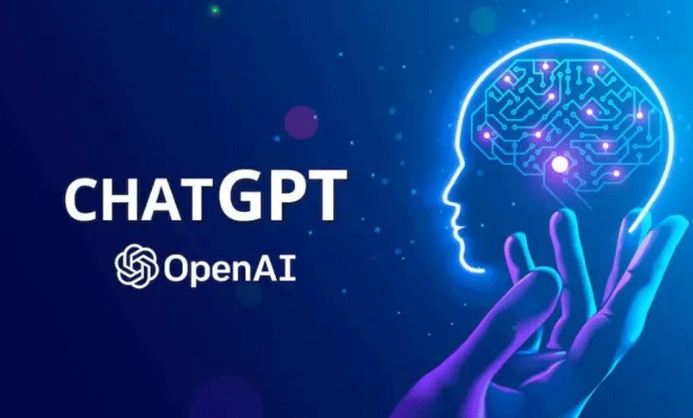A recent study by the Massachusetts Institute of Technology (MIT) Media Lab has found that prolonged use of artificial intelligence (AI) tools such as ChatGPT may negatively impact brain function and emotional wellbeing, especially among younger users.
The research, which involved 54 participants aged between 18 and 39, examined the cognitive and emotional effects of AI assistance by dividing participants into three groups. One group used ChatGPT, another relied on the Google search engine, while the third group was tasked with writing articles without technological assistance.
Researchers employed electroencephalogram (EEG) monitoring to record brain activity during the writing process. Findings indicated that participants using ChatGPT demonstrated reduced brain activity, particularly in areas linked to memory retention and sustained attention.
“While tools like ChatGPT significantly boost productivity, overreliance may make users mentally passive,” said the research team. They observed that individuals using ChatGPT gradually became slower in their writing tasks over several months, eventually resorting to simple copy-pasting.
The study concluded that frequent use of AI chatbots may impair learning processes and memory functions, with young adults being particularly vulnerable. However, researchers acknowledged that the sample size was small and that the findings have not yet been peer-reviewed or published in a major scientific journal.
“This is an early signal, but one we shouldn’t ignore,” the researchers said. “Understanding how AI influences long-term brain development is crucial, especially for young users who interact with these systems frequently.”
A separate MIT Media Lab study conducted earlier this year further supports these concerns. Over a period of four weeks, researchers tracked the emotional responses of individuals interacting with ChatGPT, either via text or voice.
That study found that excessive use of the AI chatbot led to heightened feelings of loneliness, particularly among users who engaged with it through text-based conversations. Those who discussed personal issues with the chatbot were more likely to develop emotional dependency on the tool.
Interestingly, the emotional impact was reportedly milder when users communicated with ChatGPT using voice interactions rather than text. However, emotional reliance on AI remained a notable concern.
“These findings suggest that while AI may offer convenience, it could also alter our emotional and cognitive landscapes in subtle but meaningful ways,” the researchers warned.

















